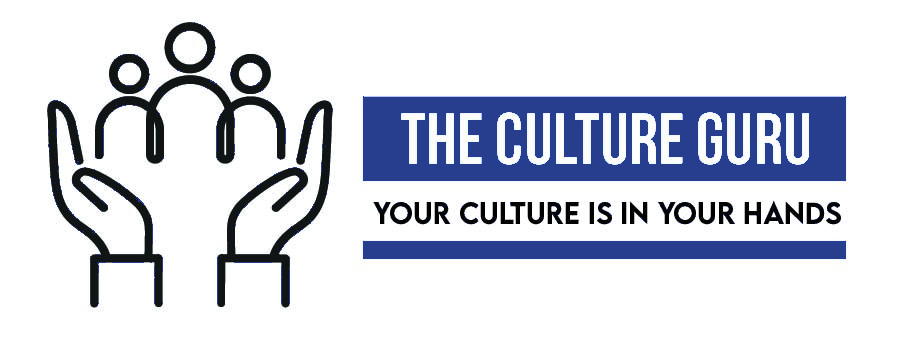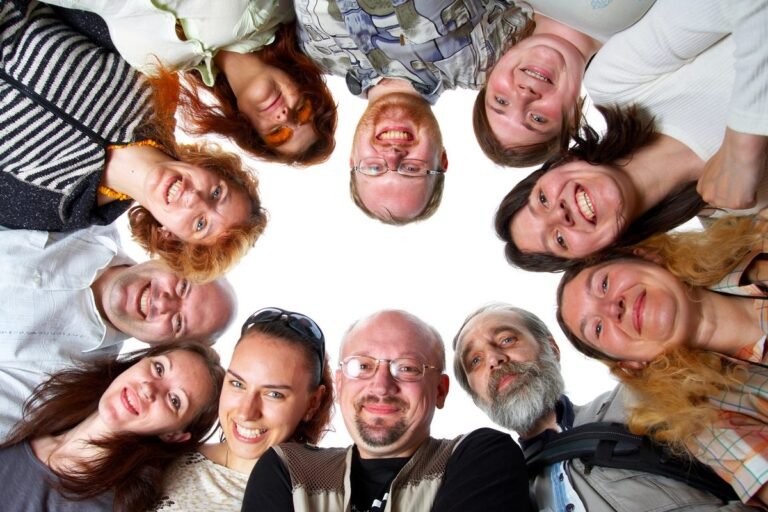What’s the point in employee engagement? How can it help the bottom line?
Wherever you go people are looking at their phones, pads, or other PDA’s – scrolling through the latest posts to see what is of interest.
Having dinner with friends last night, the subject of social media came up. I should add that the six participants were all baby-boomer generation. The issue raised by one person was that he couldn’t understand why people became so “glued” to following social media – adding that he himself often found himself spending an increasing amount of time scrolling, while at the same time asking himself whether he should be doing something more useful. “Where is the value in spending time scrolling through social media?” he asked, adding that was one reason he did not have a Facebook account. This generated a great debate that I thought might be worth sharing.
Firstly, we concluded that social media had placed us all in a position of potential intellectual overload. There is so much information out there, available for free on every subject imaginable. This led us to the recognition that given the accessibility of social media, we need to all learn the skill to both define what really matters to us in our lives, that we need to know about, and what is out there but – you know what, who cares.
It’s like suddenly every book, magazine and newspaper was available to us in real time at no cost. Would that then result in us attempting to read everything just because it was there and available for free? No. Each of us would choose what we believed that were of interest to us and then limit our time and research to those specific areas.
The same is true of the self control needed to deal with social media. We need to first understand what is important and then limit our investment in time to that specific area of interest. Does that mean we may miss other stuff that could be of interest? Yes, indeed it does – but that is where choice and self-control come in.
Another point that we discussed was the problem that not only is this “stuff” all out there for free, but that it is created by anyone, frequently with strong opinions about a particular subject matter. Often, sadly, written by someone who may either ignore any facts available on a subject preferring to expound on opinion and personal belief. Worse still, the presentation may involve personal attacks on others. This was a fear that the person who raised the subject also expressed. “People may be posting stuff about me that is unfair, inaccurate of otherwise negative. I need to know about that and be able to respond to it” he said. Really? Can we spend portions significant of our time scrolling through and checking social media because there may be personal attacks or inaccuracies that we feel we must defend against? This starts to create a spiral that leads us into a black hole where time disappears.
It reminds me of an approach that I used to propose when delivering my leadership workshops – about a skill that busy executives must learn. It is called the practise of “conscious neglect.” So much information comes across someone’s desk, that to respond to everything would be impossible.
The only solution is to know and accept that a potential problem or issue exists but make a conscious decision not to do anything about it. There are other, more important priorities that someone’s scarce time needs to be allocated to.
I also had a boss at one point, who had held a high-level position heading up a major government program that was subject to media scrutiny. His name often came up in the press, associated with one problem or another. He was also referred to during question period in Parliament when opposition politicians, wishing to raise issue to score points, would float an idea or a rumour to see what the response was.
My initial response to him, when he told me about this, was that I would want to see a retraction or clarification posted, but his response, which helped me in developing a life skill, was that would usually only “feed the fire” and start an unnecessary dialogue, especially when members of the press or others felt there must be a bigger story there. By insisting on a response, a small issue would often escalate into a “he said – she said” dialogue which no one ended up “winning.”
Such is, I believe the reality with social media. It can be an incredibly valuable tool for healthy connections on a global basis. It allows rapid searching for topics that are of interest. But each individual must take charge of the time they allocate to the various apps, systems, and sources.
First by sustaining a focus on a specific range of areas of interest. (As I explained – seek out specific interest groups – just don’t randomly scroll).
But secondly, recognize and accept the fact that a potential downside is that you cannot personally “police” everything that is posted and sometimes things may get out there of which you are unaware. Are people going to judge you by what they read on a social media posted by some random person or by knowing the person that you really are?
If we don’t learn these new skills and exercise self-discipline, we risk losing our lives to the avalanche of information out there and, worse still going into intellectual overload and suffering relationship and mental health issues.
Nick Shepherd.






